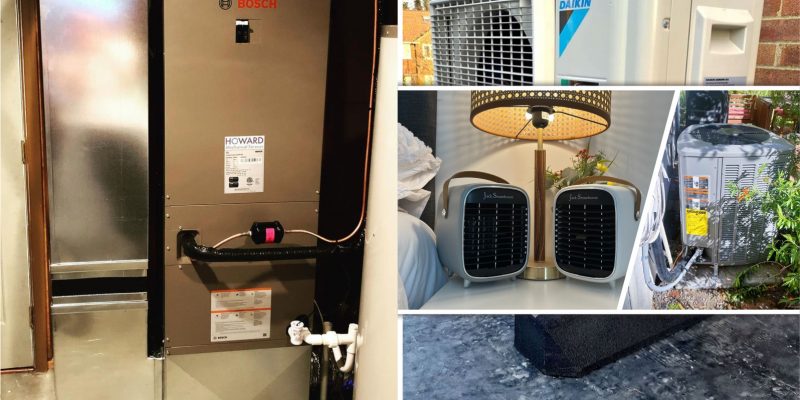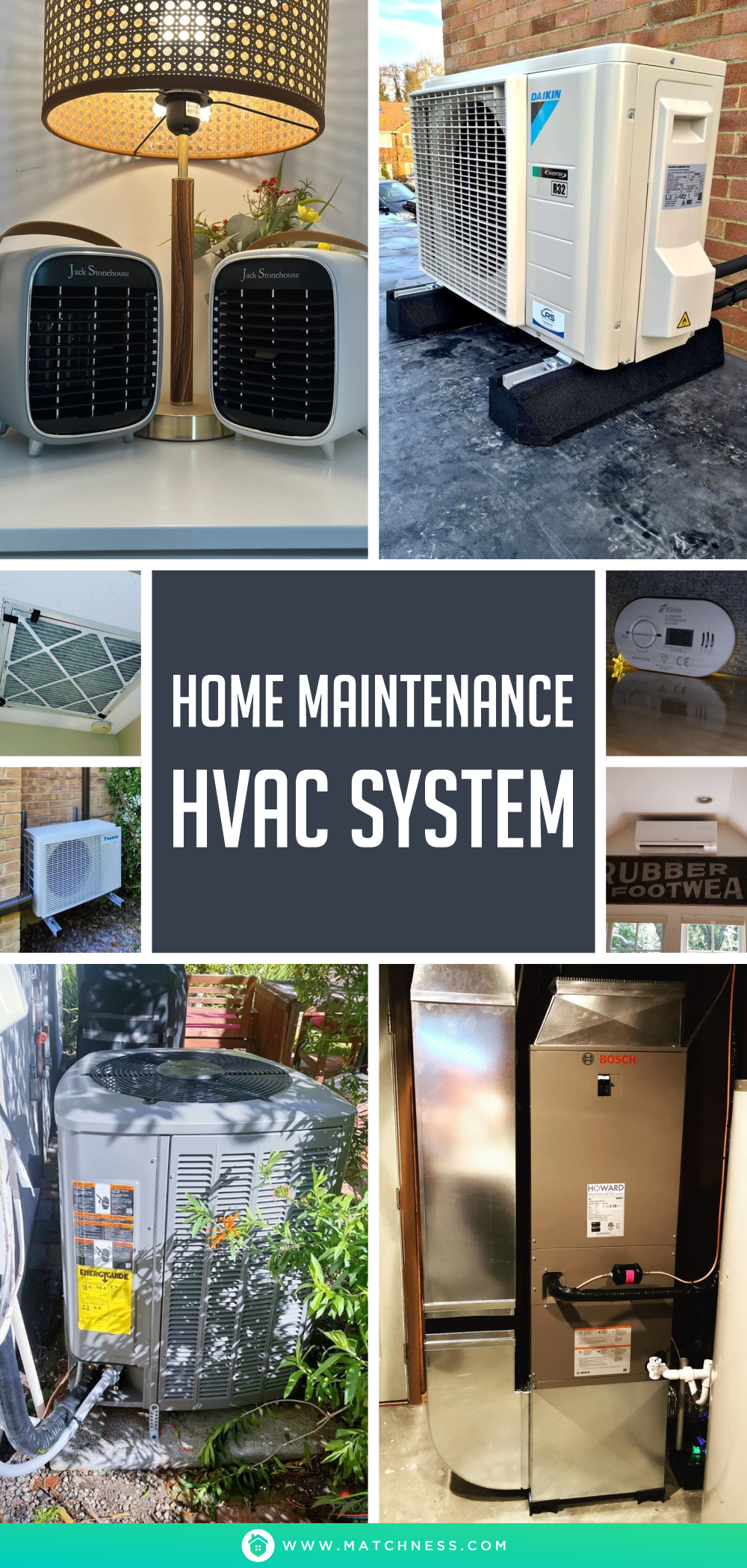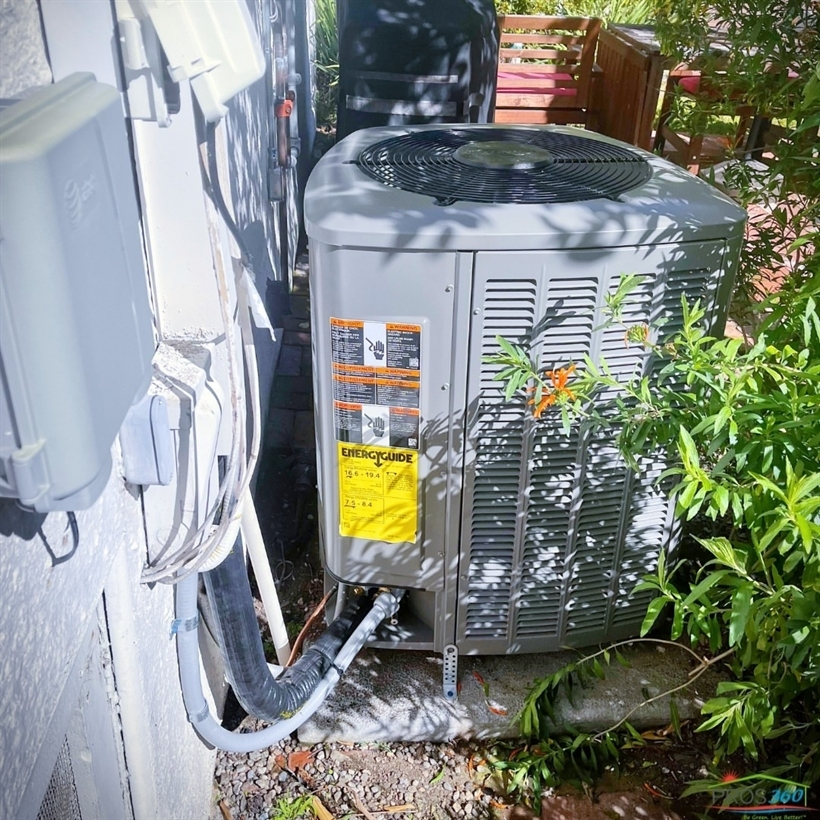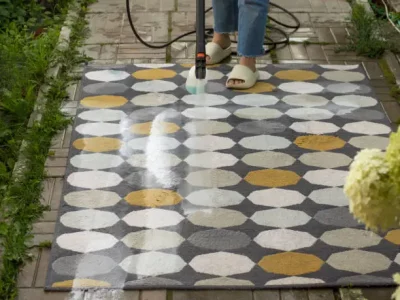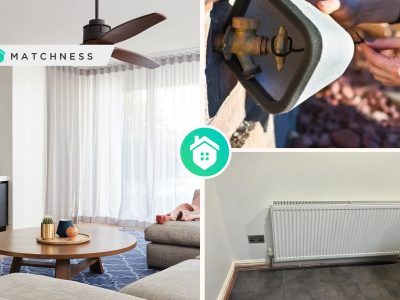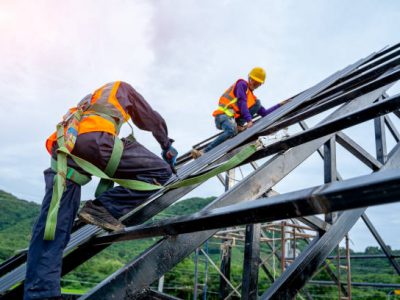Spring is around the corner! While you might be busy removing cobwebs from the corners of your house and cleaning the dust off your baseboards, have you considered the importance of cleaning your heating, ventilation, and air conditioning (HVAC) system? It’s common to overlook HVAC systems, but keeping them clean is essential for optimal control of airflow and to ensure efficient, effective operation, and save your money! For that, you can call trusted furnace repair technicians in Toronto.
If you’re searching for methods to manage your finances, don’t overlook your heating and cooling system. In a household, heating and air conditioning systems use up more than 50% of the total energy consumption and can be costly to replace, amounting to thousands of dollars. Maintaining your HVAC system in excellent working order is a smart approach to reduce your monthly energy expenses and prevent expensive repairs, replacements, or professional interventions from your HVAC service provider. Continue reading for useful tips on HVAC maintenance that can assist in making your home more comfortable while being mindful of your budget.
Book an appointment for professional HVAC preventive maintenance
It’s worth considering arranging two seasonal tune-ups for your HVAC system each year – one in the spring for the air conditioning and another in the fall for the heating. These maintenance appointments involve a comprehensive service, inspection, and troubleshooting of the system by the HVAC installation company or technician to ensure efficient operation and prevent potential breakdowns. During these tune-ups, the HVAC technician will:
- Verifying the thermostat’s calibration and settings
- Tightening electrical connections if necessary
- Lubricating all moving parts
- Inspecting and cleaning the condensate drain
- Checking the system controls
- Cleaning and adjusting the blower components
- Cleaning the evaporator and condenser coils
- Checking the refrigerant charge
- Examining fuel line connections
- Inspecting the gas pressure, burner combustion, and heat exchanger
These are the services being handled by Barnett Electrical which serve both electrical and HVAC maintenance.
Change the Filters
Air filters are essential in trapping airborne particles such as dust and hair to prevent them from circulating in your home. To enhance indoor air quality and reduce energy consumption, it’s recommended to replace your HVAC filter every 30 days. Clean filters allow for better airflow, enabling the HVAC system to function more efficiently in heating and cooling. Optimal filtration and maximum airflow can be achieved by using filters with a MERV rating ranging from seven to 13 for most systems.
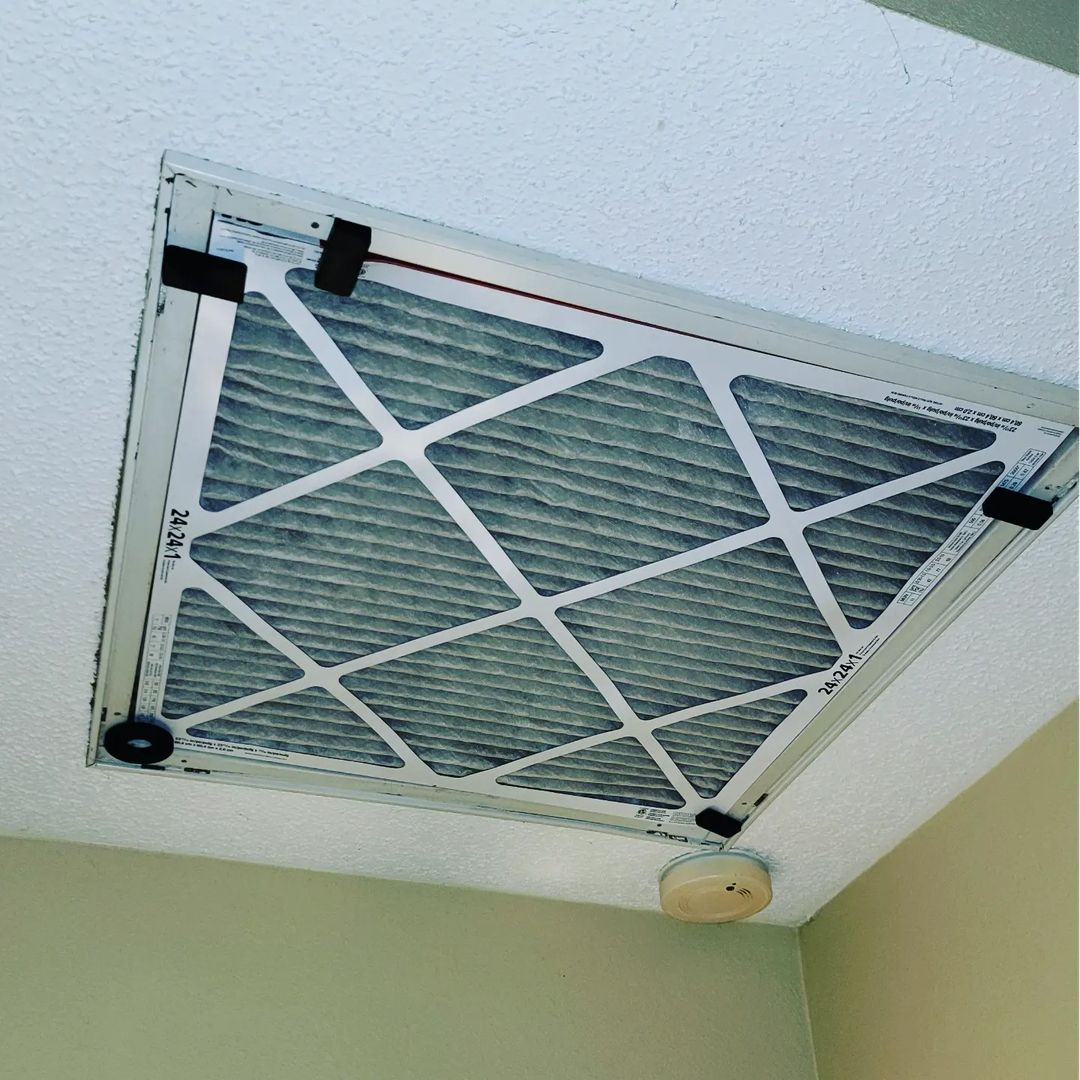
Adding a filter to the HVAC is also important because it can trap airborne particles of dust and hair. The maintenance is quite easy, you can replace this filter every 30 days to create clean air in your home. Add Filters from @worldofhvac
Conduct a visual assessment of the HVAC system
While replacing the filter every month, visually inspect the HVAC system to detect any potential issues. Check the thermostat, registers, returns, inside and outside units. Furthermore, consider examining the following:
- Verify the battery status on the thermostat: A low battery can cause the thermostat to malfunction, resulting in a disruption of heating and cooling services.
- Inspect the condensate system to ensure proper drainage: Ensure proper drainage on HVAC is clear and flowing properly. If the drain line is clogged, it can cause water to back up into the system and potentially cause damage.
- Confirm the secure closure of the filter access and cabinet door.
- Check the flue system for completeness and attachment: Verify that the exhaust flue is properly connected to the furnace or boiler and that there are no cracks or leaks in the flue pipes.
- Ensure unobstructed and open registers and returns.
- Check for any signs of mold in the registers: Mold can grow inside the HVAC system and ductwork, which can spread spores throughout the home and negatively impact indoor air quality.
- Verify that the outdoor unit is level, and if not, use rot-proof shims to level it.

HVAC maintenance is easy for you to do yourself. Checking the HVAC system regularly every month will also detect problems. Putting on the outside of this house you also need to pay more attention to. HVAC System from @hvacelopumak
Remove any clutter around the indoor HVAC unit
Maintaining a clear area around the indoor HVAC unit is beneficial for air quality and safety. Accumulation of dust on surfaces occurs more frequently with additional clutter. Poor air circulation, a possible effect of clutter, can negatively impact the system’s performance. Additionally, clutter can pose both fire and tripping hazards and impede repair and maintenance procedures.
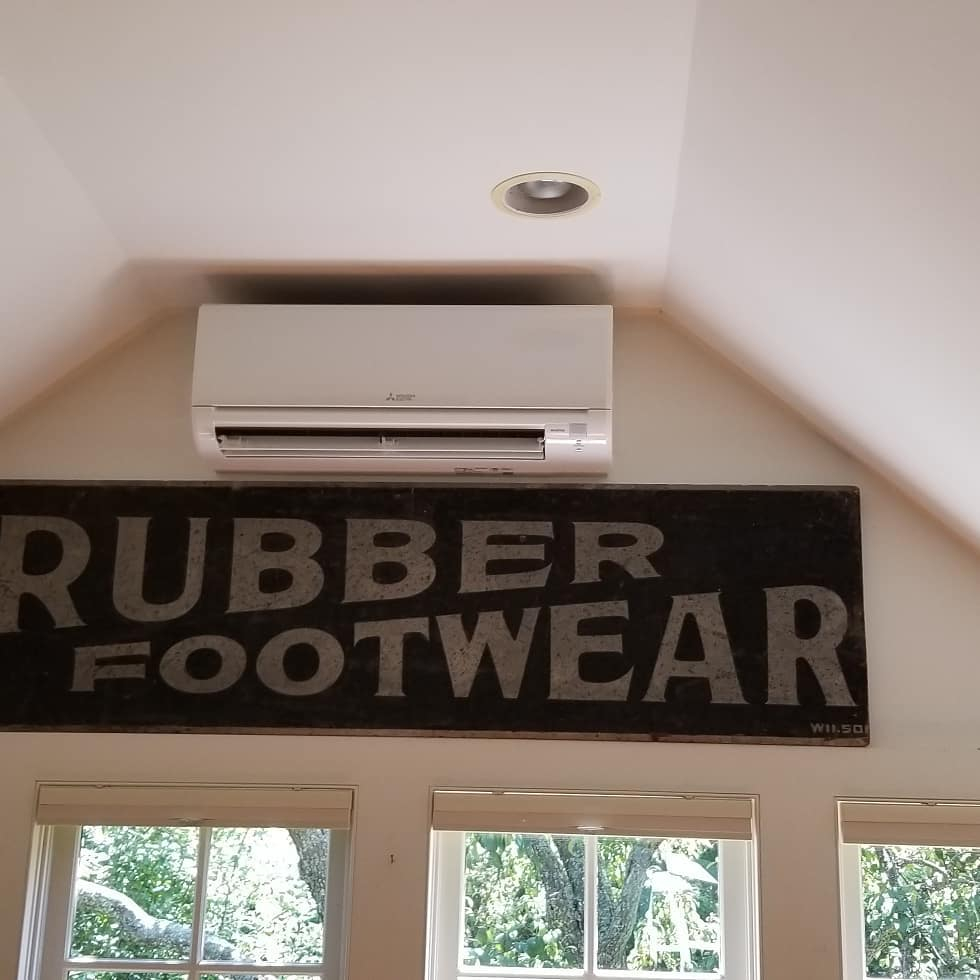
As the air conditioner above removes all items near the HVAC this will provide good air circulation without any obstruction. This air conditioner will also work well if you clean it regularly once every month. Indoor AC from @luis.marin.alzat
Maintain cleanliness and clearance around the outdoor unit
The outdoor HVAC unit often accumulates debris such as leaves, twigs, and grass clippings. As part of your yard maintenance routine, remove all debris from and around the unit, and wash it down if necessary. To ensure proper airflow, keep nearby plants trimmed at least two feet away from all sides of the unit.
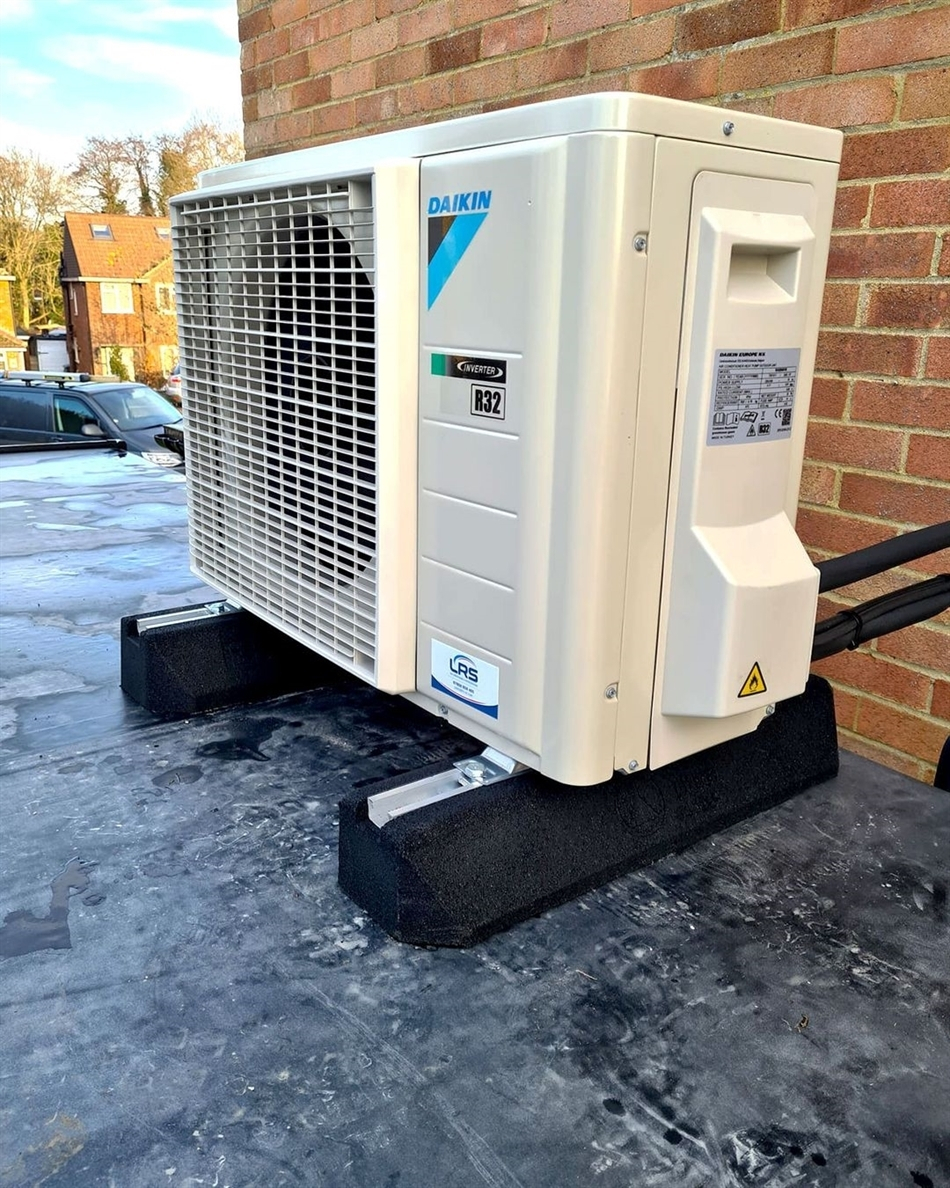
This outdoor HVAC maintenance is easy for you to do yourself. Simply check and remove debris and leaves that hinder your HVAC performance. This idea will ensure smooth air and prevent HVAC and damage. Outdoor HVAC from @hvacsotavina
Regulate Your Home Temperature
Proper operation of your HVAC system involves setting it to comfortable temperatures and minimizing its usage while you are sleeping or away from home. A programmable thermostat can be installed to automatically adjust the temperature at different times of the day. You can conserve power and extend the system’s lifespan by keeping the house cooler in the winter and warmer in the summer while you are away from home.
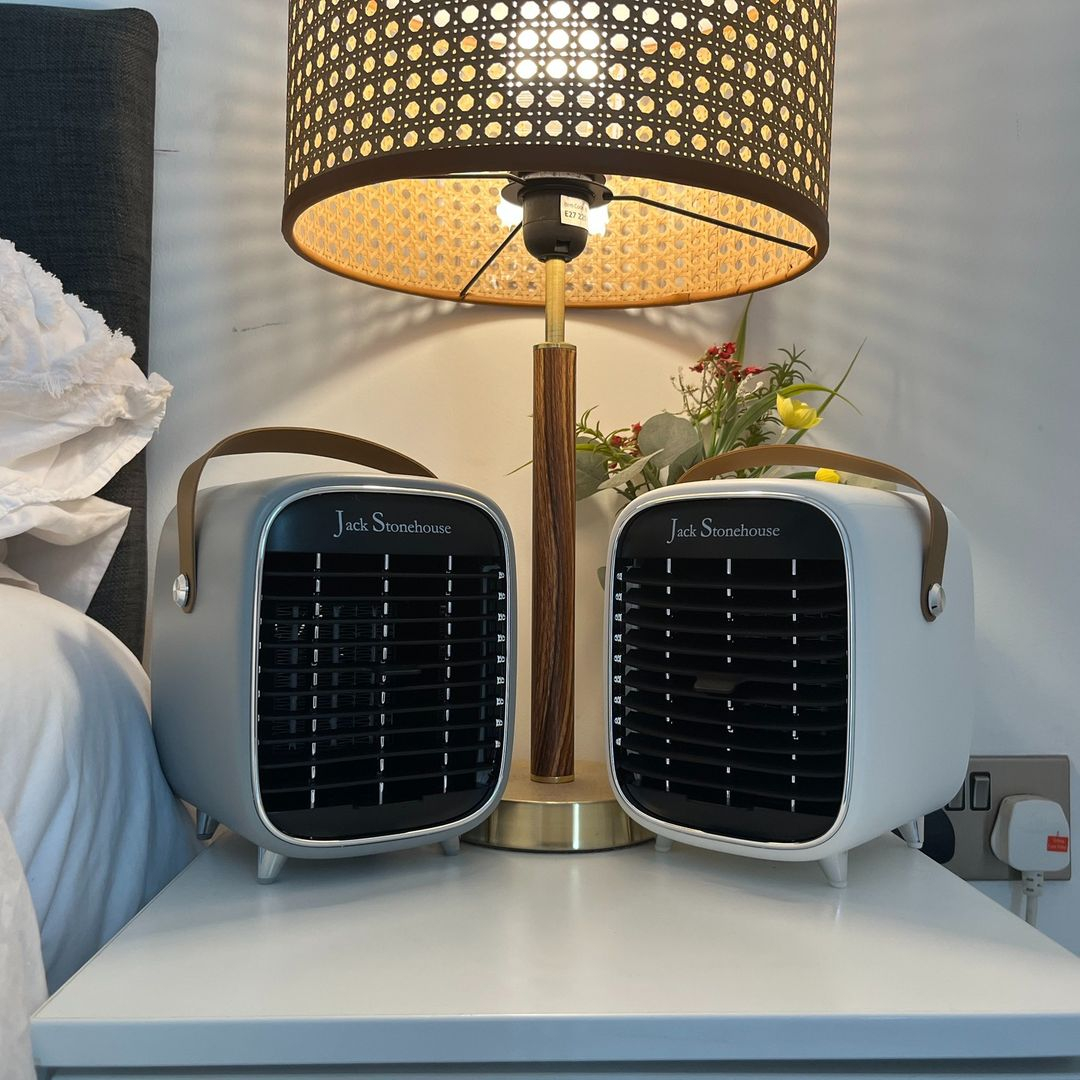
Programmable thermostats can be installed to automatically adjust the temperature at certain times of the day in your home. Placing a heater next to the bed will also make it easier for you to operate the room temperature in this room. HVAC system from @jackstonehouseuk
Maintain the Carbon Monoxide Detector
An indispensable safety device for homes that use combustion-based heating systems like natural gas or fuel oil is the carbon monoxide detector. It could potentially save your life in the event of an exhaust leak, impaired ventilation, excess gas flow or other malfunction.
On average, these devices work for about seven years. Test the carbon monoxide detector on a monthly basis to ensure it is functioning correctly, and replace it if necessary. Plan to change the batteries every six months.
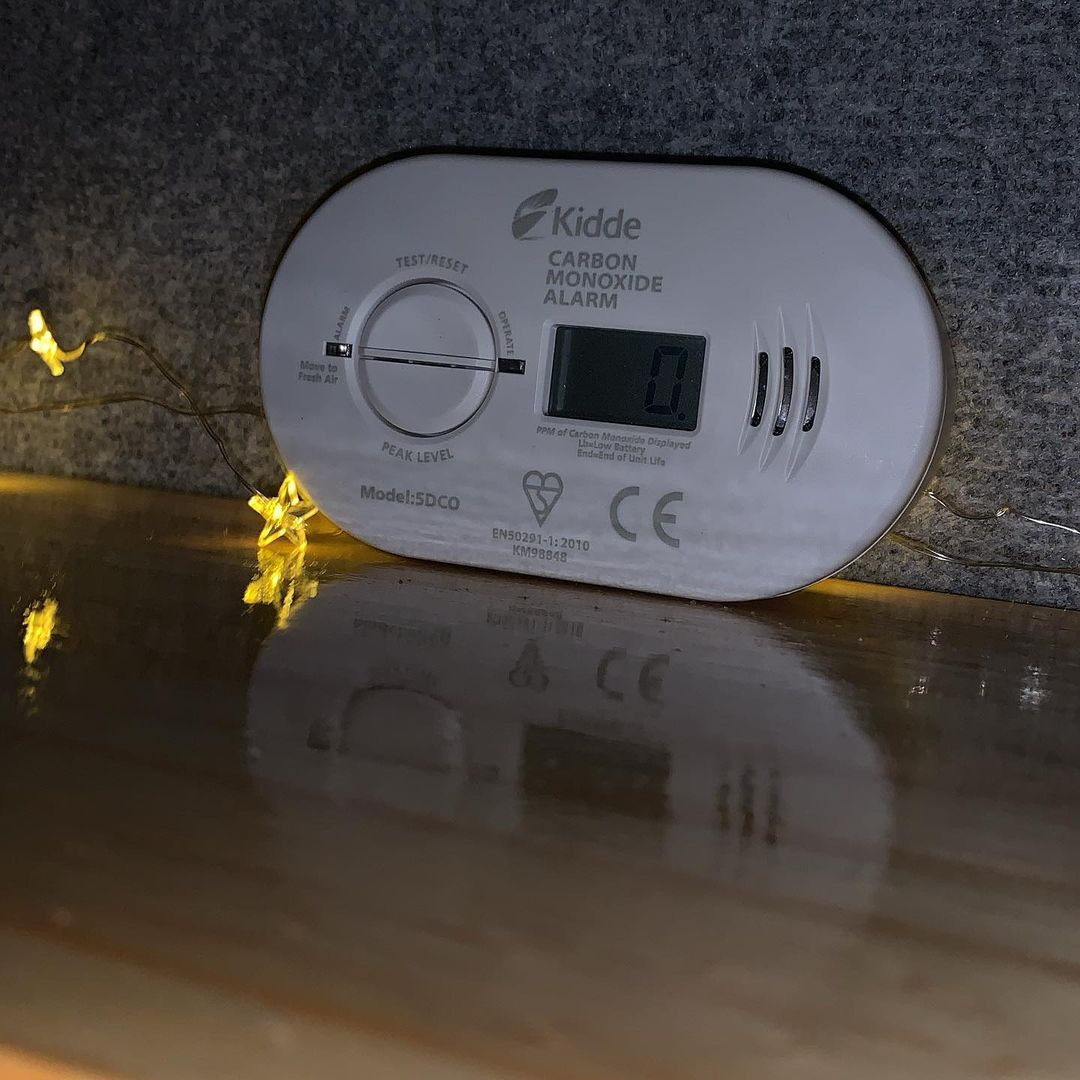
You need to have this carbon monoxide to increase security in your home. This tool will help you from excess gas leaks and ventilation. Usually this tool will last for years but you don’t forget to replace the battery. Carbon Monoxide Detector from @lezexplorer
Monitor Energy Bills
If you observe a sudden or gradual rise in energy consumption despite unchanged usage, it may indicate a problem with your HVAC system. In this case, it’s recommended to schedule a service visit with a trusted heating and cooling company to have them inspect the system. Possible causes of such issues could be dirty filters, duct leaks, low refrigerant, failing parts or other underlying problems.
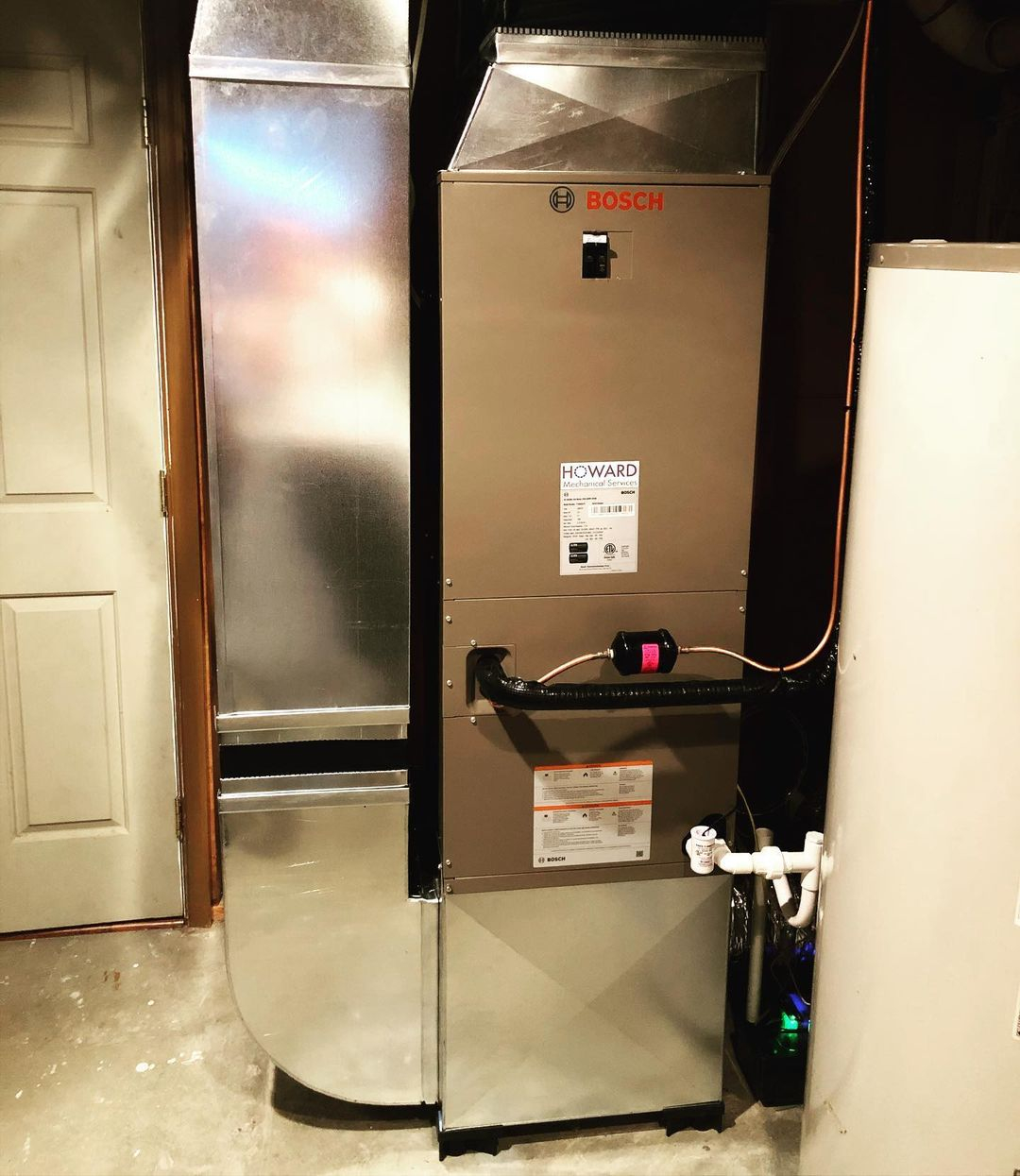
checking for a sudden energy increase in the HVAC this will indicate a problem with your system. What you have to do is check the damaged HVAC parts so that the energy produced by this HVAC is more regular. Monitor Energy Bills from @lrs_ac
Consider Total Replacement
The typical lifespan of an HVAC system ranges from 15 to 25 years, but various factors such as the type, brand, and regular maintenance can impact this duration. Consistent and diligent HVAC care can help extend the lifespan of your heating and cooling system and sustain optimal efficiency over a more extended period.
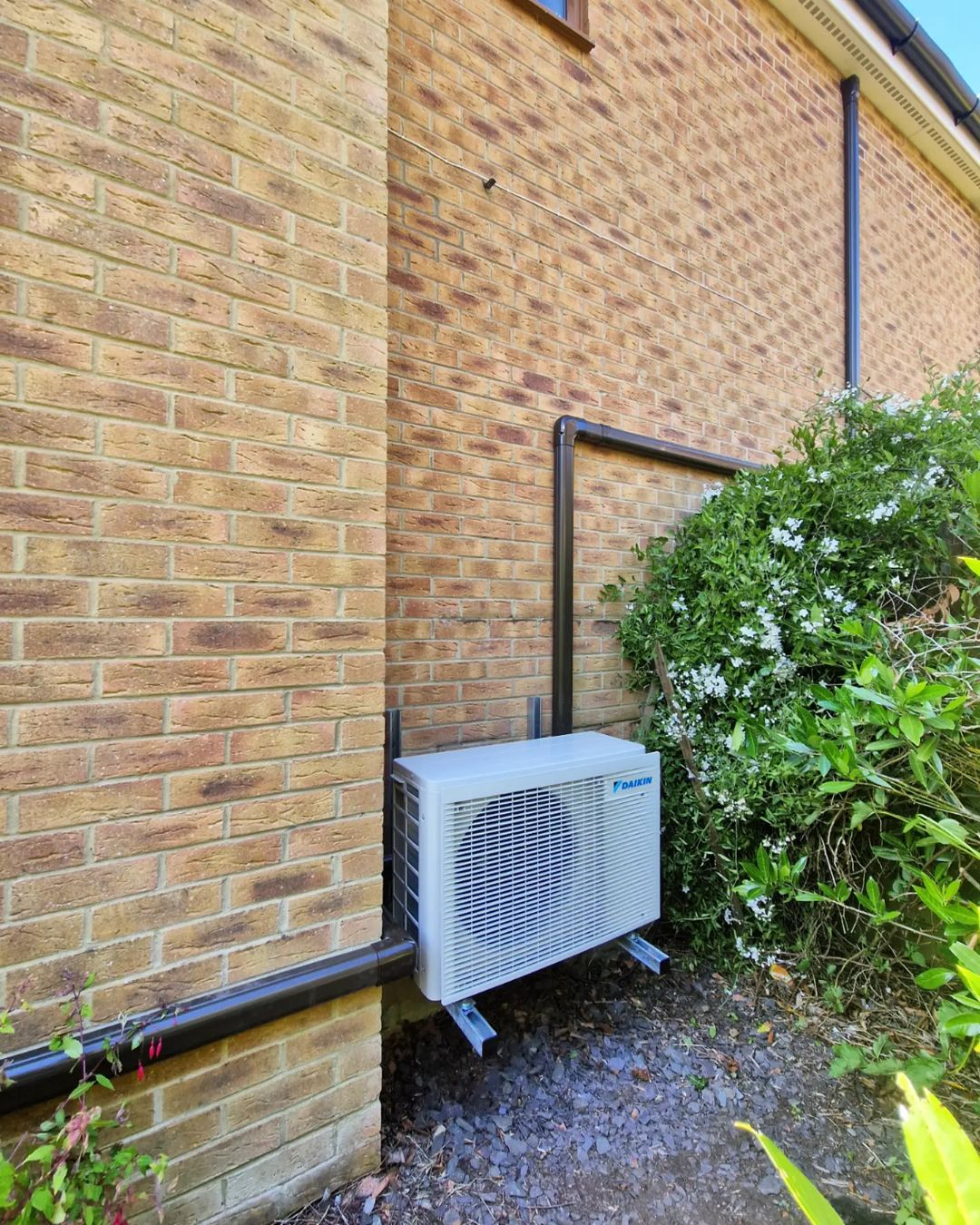
have different sizes and types this affects the duration of the HVAC’s performance. Consistent and diligent HVAC maintenance can help extend life and maintain optimal efficiency over a longer period of time. Consider HVAC System from @howardmechanical
Nonetheless, over time, energy efficiency may begin to deteriorate, and the need for repairs may increase. Therefore, it is advisable not to wait until the system malfunctions on the hottest or coldest day or while you are away on vacation before considering a replacement. Instead, it is best to plan ahead and replace your HVAC system before it reaches the end of its lifespan.


